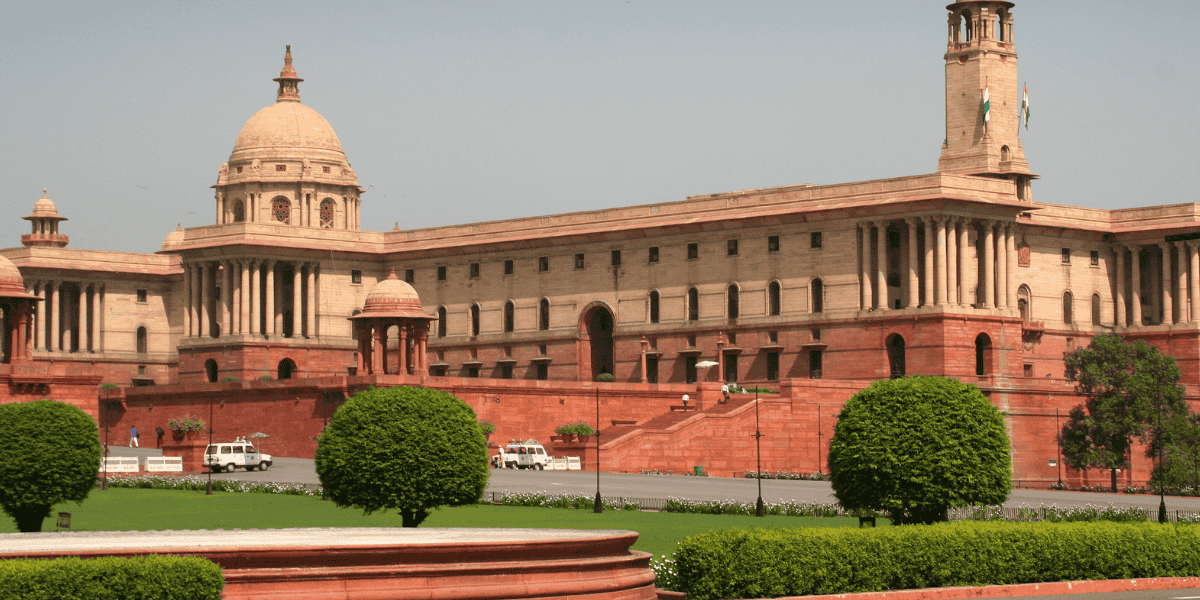On 1 February 2023, Ms. Nirmala Sitharaman, the Finance Minister of India presented the Union Budget for 2023-24 to the Parliament. The budget includes the following key tax proposals:
Corporate tax proposals:
- A provision for tax treaty relief has been introduced, which applies to tax deducted at source (TDS) on income earned through mutual fund units. This provision ensures that the TDS rate is the lower of the standard 20% rate or the rate specified by a tax treaty at the time of TDS.
- The capital gains tax exemption under Section 54 to 54F is limited to Rs.10 crores. Previously there was no threshold.
- The regular assessment proceedings must be completed within 12 months instead of the previous 9-month limit starting from the assessment year 2022/23 According to Section 153 of the Income-Tax Act of 1961.
- Startups can now benefit from income tax advantages due to the extension of the incorporation deadline by one year.
- MSMEs should be paid within the mutually agreed time frame, which must be put down in writing. If there is no written agreement, payment should be made within 15 days. Payments made beyond the stipulated time frame can only be recorded as expenses in the year they are actually paid.
- A new regulation has been implemented, which sets a maximum limit of INR 100 million on the capital gains that can be exempted by using them to invest in residential property.
- The threshold limits for the presumptive taxation scheme, which is applicable to small businesses, has been raised from INR 20 million to INR 30 million. However, this increase is subject to the condition that cash receipts do not exceed 5% of the total gross turnover.
Transfer pricing proposals:
- The time limit for submitting transfer pricing documentation and information has been reduced from 30 days to 10 days upon receiving a notice from a transfer pricing officer. Moreover, extended period not exceeding thirty days.
- The exclusion from the limitation on interest deductibility (which restricts it to 30% of EBITDA) has been extended to include non-banking financial companies as notified by the Central Government, in addition to companies engaged in banking or insurance business.















